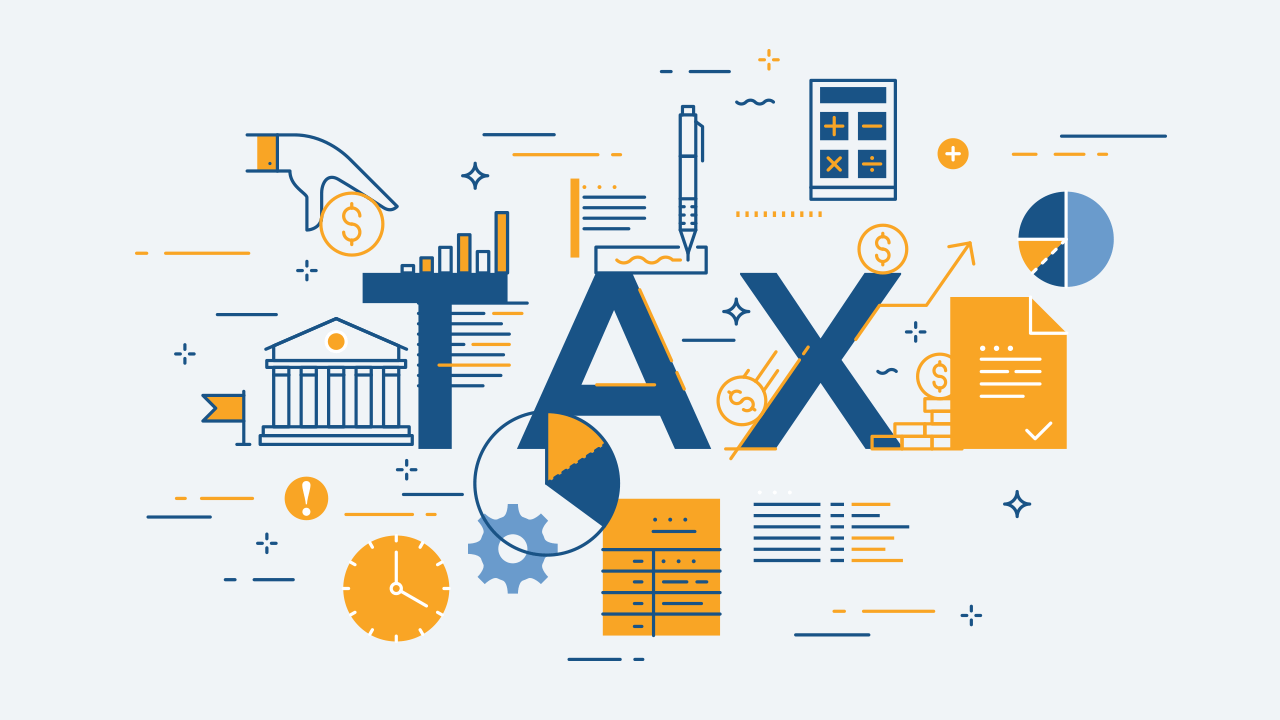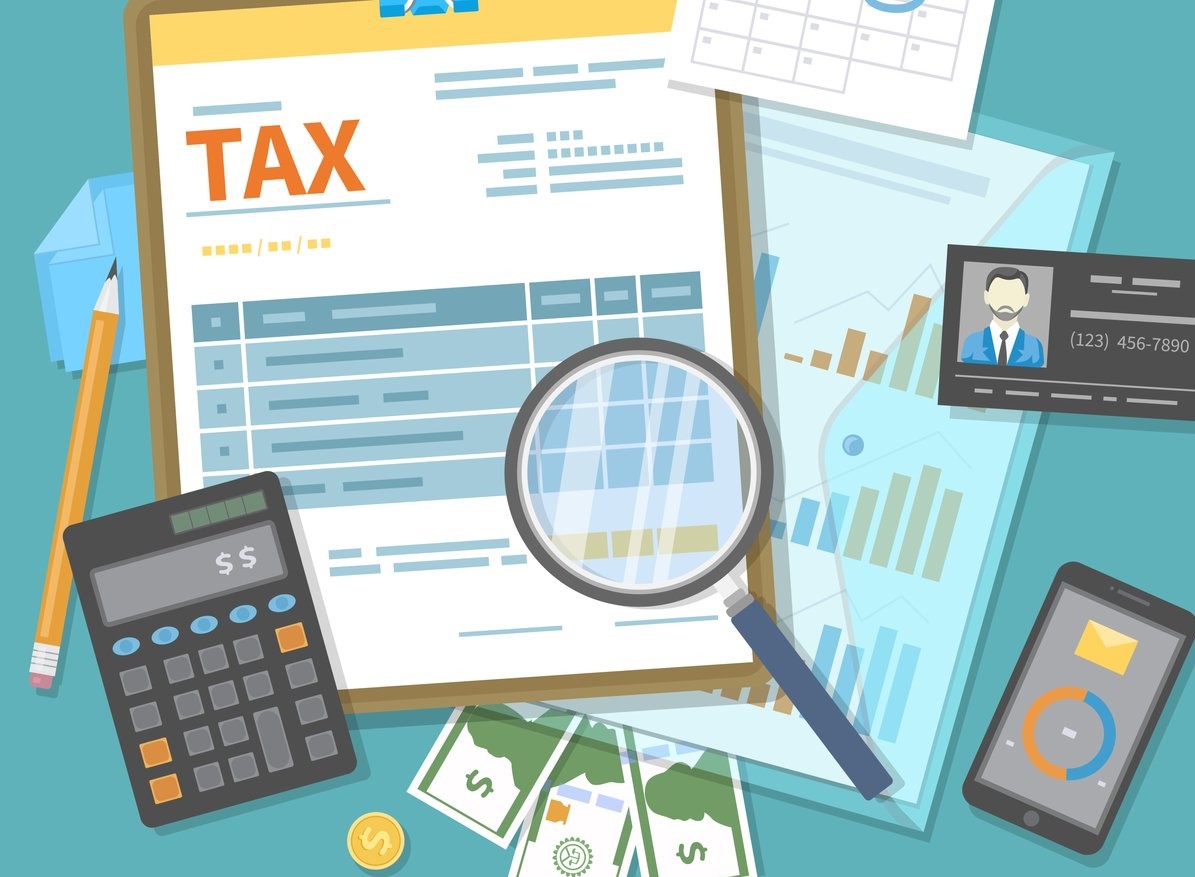
The Future of AI in Accounting: Revolutionizing Efficiency and Accuracy for Accountants
Artificial intelligence (AI) is transforming industries worldwide, and accounting is no exception. With advancements in machine learning and automation, accounting professionals can leverage AI to streamline processes, reduce manual errors, and enhance decision-making. At ADYZER, we are committed to helping accountants and finance teams stay ahead of the curve by integrating AI-driven tools that can revolutionize their workflow. In this blog post, we’ll explore how AI is reshaping the accounting landscape and why it’s essential for firms to embrace this technology.
1. AI and Automation: A Time-Saving Duo
AI's ability to automate repetitive tasks such as data entry, invoice processing, and transaction categorization is one of its most prominent benefits. With AI-powered software, accountants can now focus on higher-level tasks like strategy development and financial analysis, while the mundane, time-consuming tasks are handled automatically. For example, AI can extract relevant information from invoices, receipts, and bank statements, then categorize them accurately without human intervention. This not only reduces human error but also speeds up workflows, allowing accountants to handle larger volumes of work efficiently.
2. Enhanced Accuracy and Reduced Errors
AI's ability to automate repetitive tasks such as data entry, invoice processing, and transaction categorization is one of its most prominent benefits. With AI-powered software, accountants can now focus on higher-level tasks like strategy development and financial analysis, while the mundane, time-consuming tasks are handled automatically. For example, AI can extract relevant information from invoices, receipts, and bank statements, then categorize them accurately without human intervention. This not only reduces human error but also speeds up workflows, allowing accountants to handle larger volumes of work efficiently.
3. Real-Time Financial Insights
Gone are the days when accountants had to wait for end-of-month reports to understand their financial position. AI allows real-time financial tracking, giving accountants access to up-to-the-minute data. This instant insight empowers better decision-making and enables companies to act quickly when adjustments are needed. Through AI, businesses can also predict cash flow, identify potential risks, and model different financial scenarios. This predictive analysis is invaluable for creating proactive strategies and enhancing financial forecasting.
4. AI-Powered Audits: The Future of Compliance
Auditing is one of the most meticulous and labor-intensive aspects of accounting. AI can revolutionize this process by analyzing vast amounts of data in a fraction of the time it takes humans. AI auditing tools can spot patterns, identify anomalies, and even assess risks more accurately than traditional methods. AI can also ensure that businesses remain compliant with regulations by keeping track of changes in tax laws and other compliance requirements. With AI handling audits, firms can expect faster, more thorough reviews, which translates into increased trust and reduced risk of regulatory penalties.
5. AI and Fraud Detection
Fraud detection is another critical area where AI can add tremendous value. By analyzing historical data and identifying abnormal patterns, AI algorithms can detect suspicious activities much earlier than manual reviews. This early detection can prevent fraud from escalating and protect a company’s financial health. AI tools can continuously monitor transactions, automatically raising red flags when inconsistencies occur, providing accountants with the opportunity to investigate immediately and mitigate risks.
6. AI for Decision Support
Beyond automation, AI’s potential in decision support is groundbreaking. AI can analyze vast datasets to offer predictive insights and recommendations. For instance, AI can help firms predict customer payment behaviors, identify opportunities for cost savings, and optimize pricing strategies. With AI-generated insights, accountants can make data-driven decisions that have a measurable impact on a company’s bottom line.
7. Challenges in Adopting AI
While the benefits of AI are clear, adopting AI in accounting does come with challenges. One of the primary concerns is data privacy. Handling sensitive financial information with AI systems means firms must ensure robust cybersecurity measures are in place to prevent data breaches. Additionally, the initial cost of implementing AI technology can be prohibitive for smaller firms. However, as AI becomes more mainstream, the costs are expected to decrease, making it more accessible to firms of all sizes.
8. How ADYZER Can Help You Embrace AI
At ADYZER, we understand the evolving needs of accountants and businesses in the digital age. Our team is dedicated to providing the tools and expertise necessary to integrate AI into your accounting processes seamlessly. Whether you are looking to enhance your automation efforts or need AI-powered auditing solutions, we can help guide your transformation. By embracing AI, you not only enhance efficiency and accuracy but also position your firm for future growth in a competitive market. ADYZER is here to ensure that your transition to AI is smooth, secure, and effective.
Conclusion
AI is more than just a buzzword in the accounting industry—it’s a powerful tool that can revolutionize the way firms operate. From automating tedious tasks to providing real-time insights, AI is transforming the role of accountants, making them more strategic advisors than ever before. If you’re ready to take the next step in your accounting journey, reach out to ADYZER. Let’s explore how AI can elevate your firm’s capabilities and position you for long-term success.










